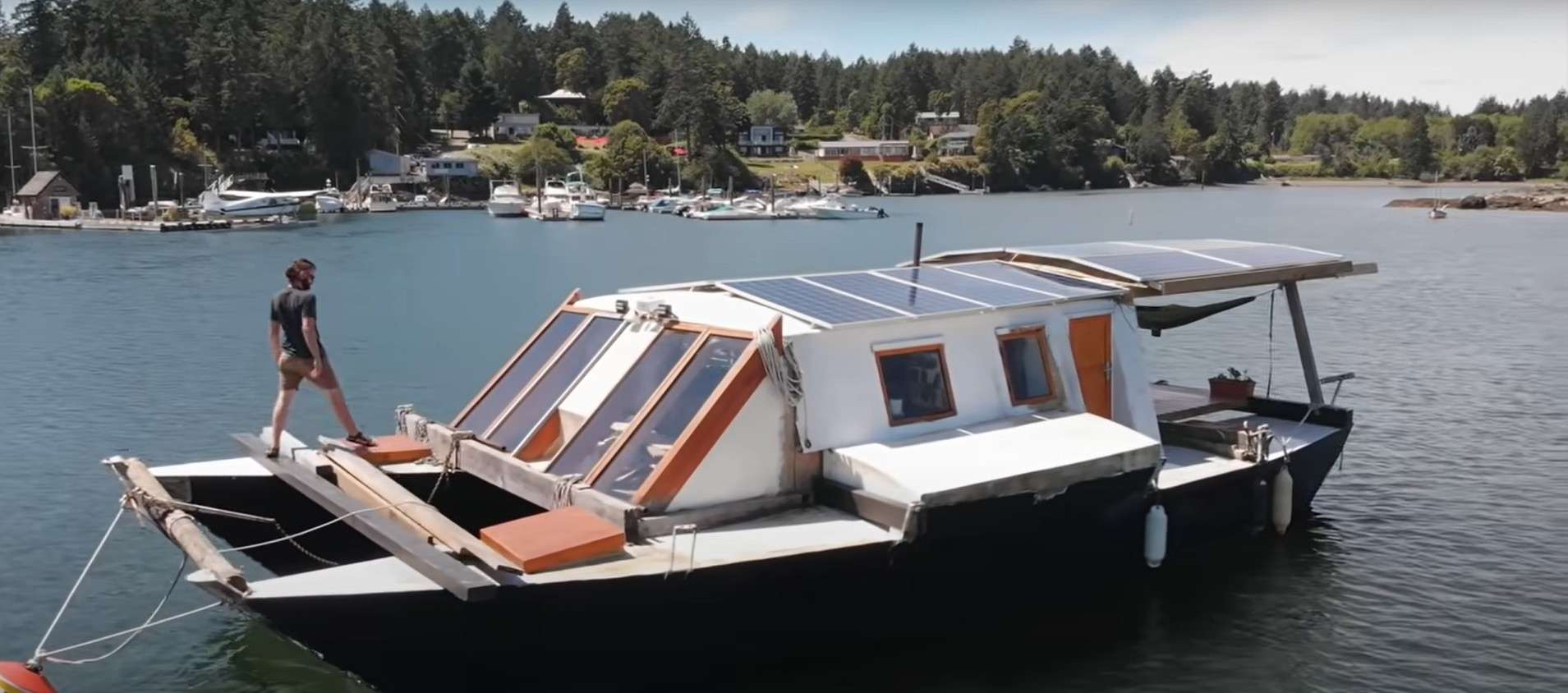Living off the grid on a boat brings a unique set of challenges that differ from living off the grid on land. While some utilities like electricity and waste removal may be available at ports and harbors where boats can be parked, the costs of purchasing and fueling a boat can quickly add up. To generate power on a boat, solar panels made for RVs are recommended, but the expense of parking a boat can affect frugal living goals. There are two options for living off the grid on a boat: sailing the seas or staying in a harbor, each with their own pros and cons. It is crucial to have emergency money for maintenance and repairs, as well as essential supplies like food, water, and tools. Rainwater harvesting systems and water filters are important for a steady water supply, while propane or butane stoves are recommended for cooking. Fishing can provide an additional food source, but vitamin C supplements are necessary for long trips without fresh produce. Composting toilets are recommended for waste disposal on a boat, and while solar panels and wind generators can provide power, saltwater corrosion is a concern. Finally, signaling and communication devices are necessary for safety while living off the grid on a boat.
Unique Challenges of Boat Living
Living off the grid on a boat presents unique challenges compared to living off the grid on land. While it offers a sense of freedom and adventure, it also requires careful planning and preparation to ensure a comfortable and sustainable lifestyle. In this article, we will explore the various challenges and considerations that come with boat living, including expenses, options for off-grid living, emergency maintenance and repairs, essential supplies, water supply, cooking, additional food sources, health considerations, waste disposal, power generation, and safety measures.
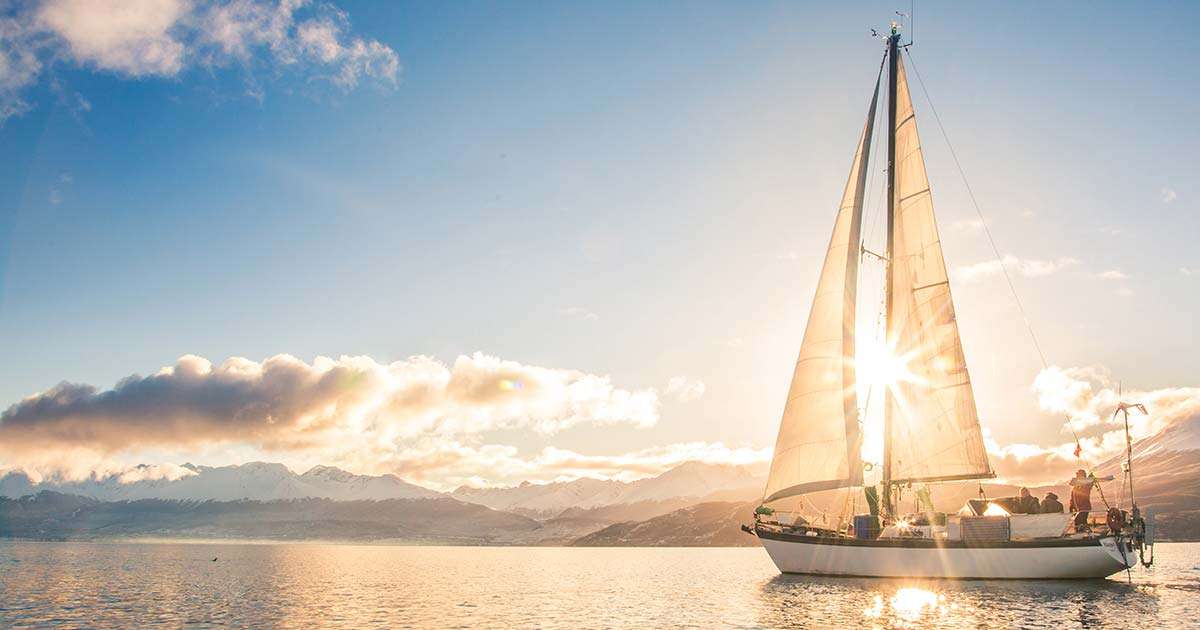
Expenses of Boat Living
One of the first things to consider when deciding to live on a boat is the cost. Boats can be expensive to buy, and the size and condition of the boat will greatly impact the price. It’s essential to establish a budget and find a boat that fits within your financial means. Additionally, fuel costs can add up, especially if you plan on traveling frequently. It’s important to factor in the cost of fuel in your overall living expenses. Furthermore, parking a boat can be expensive, especially if you choose to stay in a marina or harbor. This can significantly affect your frugal living goals, so it’s crucial to research affordable parking options or consider alternative off-grid options.
Options for Off-Grid Boat Living
When it comes to off-grid living on a boat, you have two main options: sailing the seas or staying in a harbor. Each option has its own pros and cons. Sailing the seas allows for ultimate freedom and exploration. You can anchor in secluded spots, enjoy privacy, and experience the thrill of being out on the open water. However, it also requires more self-sufficiency, as you won’t have immediate access to amenities and services. Staying in a harbor, on the other hand, offers more convenience. Some ports and harbors provide utilities like electricity and waste removal, making life on the boat more comfortable. However, you may have to contend with noise, crowds, and higher costs.
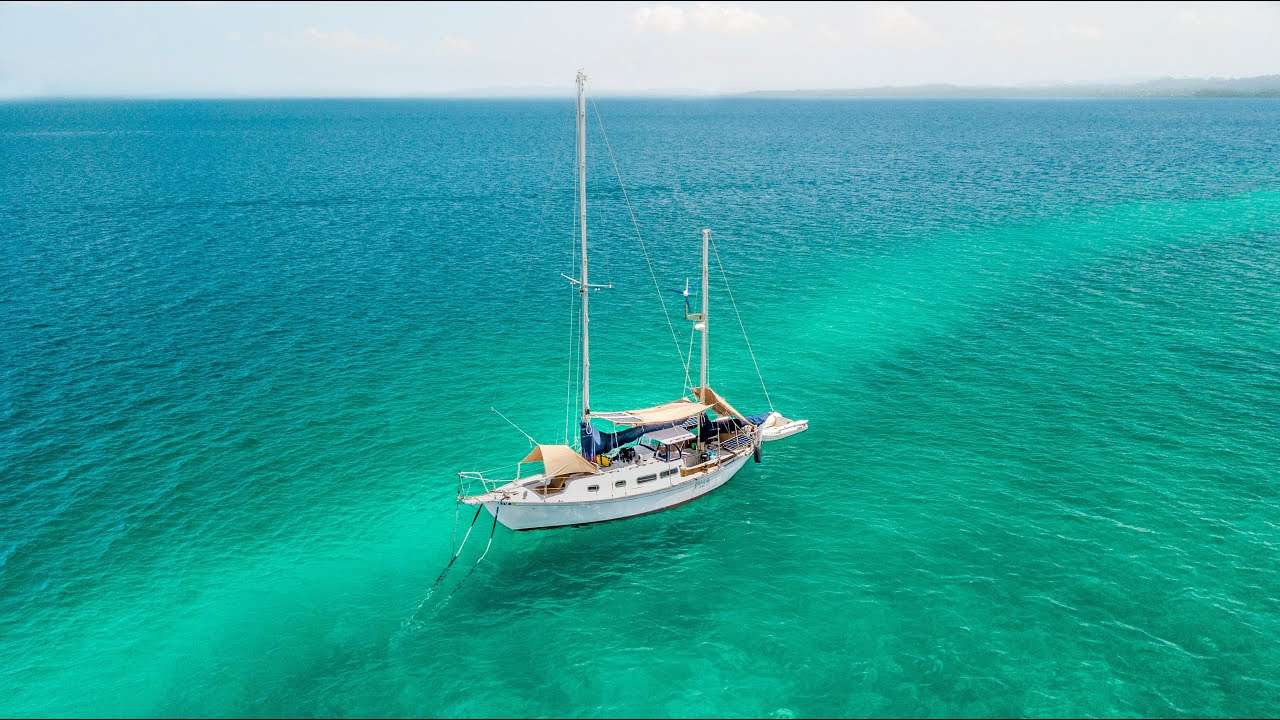
Emergency Maintenance and Repairs
Living on a boat means being prepared for emergencies and unexpected maintenance and repairs. It’s crucial to have emergency money set aside specifically for these situations. Just like with any vehicle or home, boats require regular maintenance to keep them in good working condition. Common issues that may arise include engine troubles, plumbing problems, electrical failures, and hull damage. It’s important to familiarize yourself with basic boat maintenance and repair skills or have access to a reliable marine mechanic. Being proactive about regular inspections and addressing any issues promptly can help prevent emergencies and costly repairs down the line.
Essential Supplies for Boat Living
To live comfortably on a boat, there are several essential supplies you’ll need to consider. First and foremost, a sufficient food supply is crucial. Stock up on non-perishable food items that can last for extended periods. Canned goods, dry goods like pasta and rice, and shelf-stable snacks are excellent choices. Don’t forget to include a variety of spices and condiments to add flavor to your meals.
Another essential supply is water. While some larger boats may have onboard water tanks, it’s always a good idea to have additional water storage available. Rainwater harvesting systems can be installed to collect and filter rainwater for drinking and other uses. Water filters, either portable or installed, should also be included to ensure a clean water supply.
Having a set of tools and equipment specific to boat living is essential. These may include wrenches, screwdrivers, pliers, and other basic tools for general maintenance. Additionally, you should have safety equipment such as life jackets, fire extinguishers, and emergency flares on board.
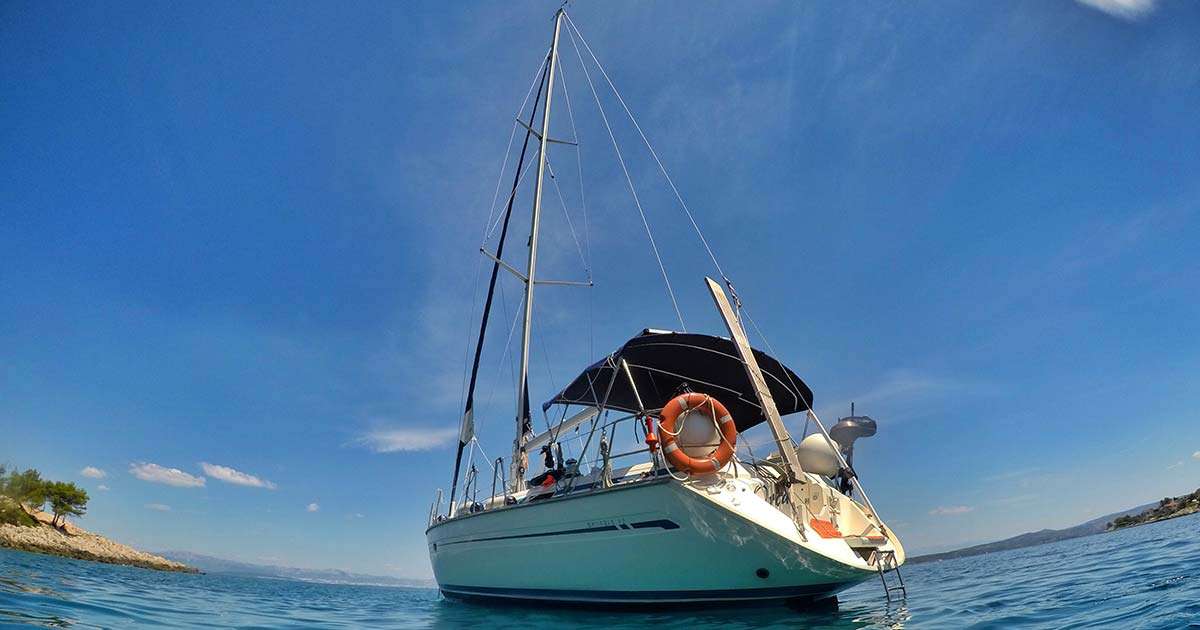
Water Supply on a Boat
When it comes to water supply on a boat, there are a few options to consider. While some larger boats may have built-in water tanks, it’s still important to have additional storage available. One option is to install a rainwater harvesting system. This involves setting up rain gutters and collecting rainwater in storage tanks. The collected rainwater can then be filtered and treated for drinking and other uses.
Water filters are another important component of a boat’s water supply system. They help remove impurities and ensure the water is safe to drink. Portable water filters are available and can be used directly on the boat or during excursions on land. It’s important to regularly clean and maintain the filters to ensure their effectiveness.
Cooking on a Boat
Cooking on a boat requires careful consideration, as space and safety are limited. It’s important to choose the right stove for your needs. Propane or butane stoves are commonly used on boats due to their compact size and ease of use. These stoves can be fueled by small propane or butane canisters, making them convenient for cooking meals onboard. It’s important to ensure proper ventilation when using these stoves to prevent the buildup of harmful gases.
Additionally, it’s a good idea to have a variety of cookware and utensils suited for boat living. Opt for lightweight and durable options that can withstand the movement and vibrations of the boat. Non-slip mats can also be placed on counters and tables to prevent accidents while cooking.
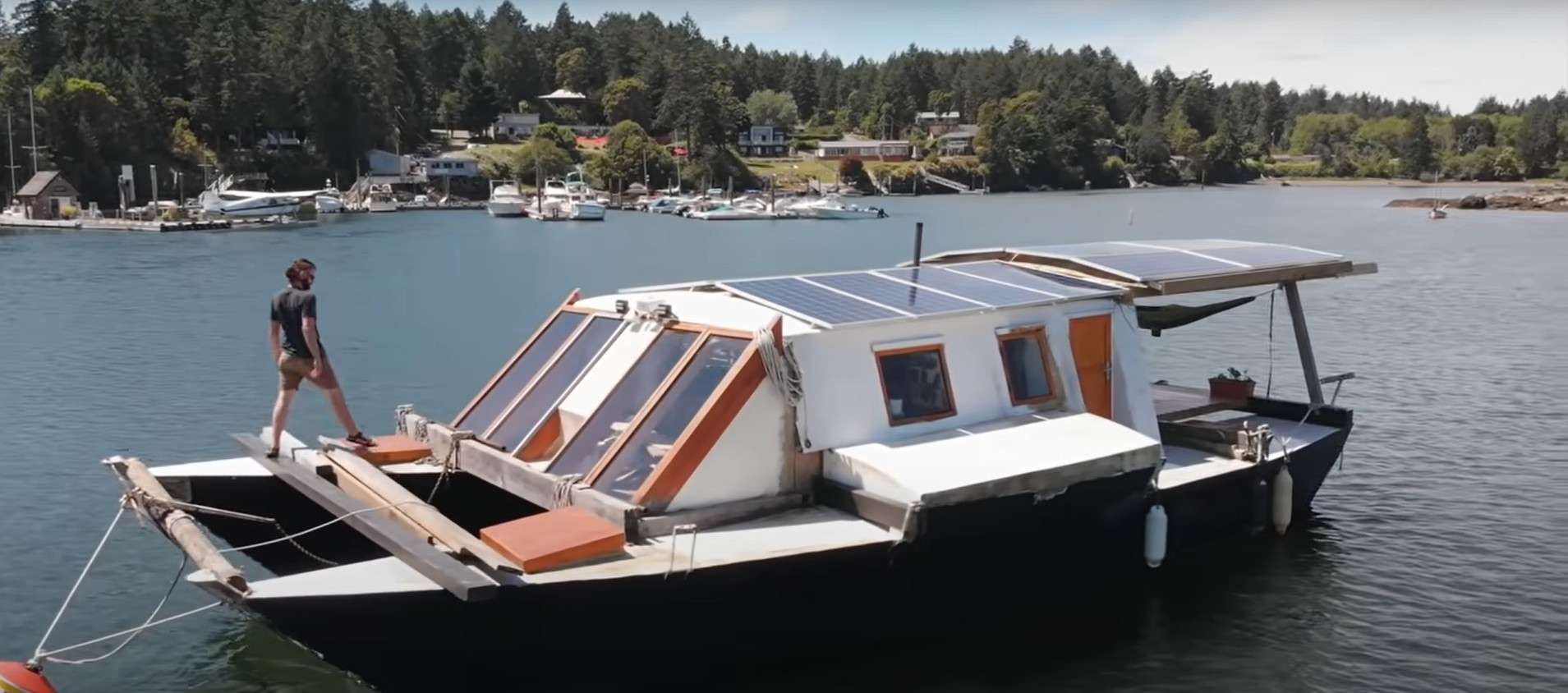
Additional Food Sources
While you can stock up on non-perishable food items, it’s also possible to supplement your food supply with fresh options while on a boat. Fishing is a popular activity for boat dwellers, providing a sustainable and enjoyable way to catch your own food. Invest in fishing gear suitable for your location and target species. Research local fishing regulations and ensure you have the necessary permits to fish in the area.
It’s important to remember that fishing laws and restrictions may vary depending on your location, so it’s essential to stay informed and respect the local regulations. Additionally, learning how to properly clean and store fish is crucial to ensure its freshness and safety for consumption.
Health Considerations on a Boat
Living on a boat can present unique challenges when it comes to maintaining good health. One consideration is the lack of fresh produce. Unlike living on land, it may be more difficult to access a variety of fruits and vegetables. This can result in a lack of essential nutrients, such as Vitamin C. It’s important to supplement your diet with Vitamin C tablets or other sources to prevent deficiencies.
Another health consideration is the increased exposure to the elements. Sun exposure can be more intense on a boat, so it’s important to use sunscreen, protective clothing, and hats to guard against harmful UV rays. It’s also essential to stay hydrated and drink plenty of water, especially in hot weather.
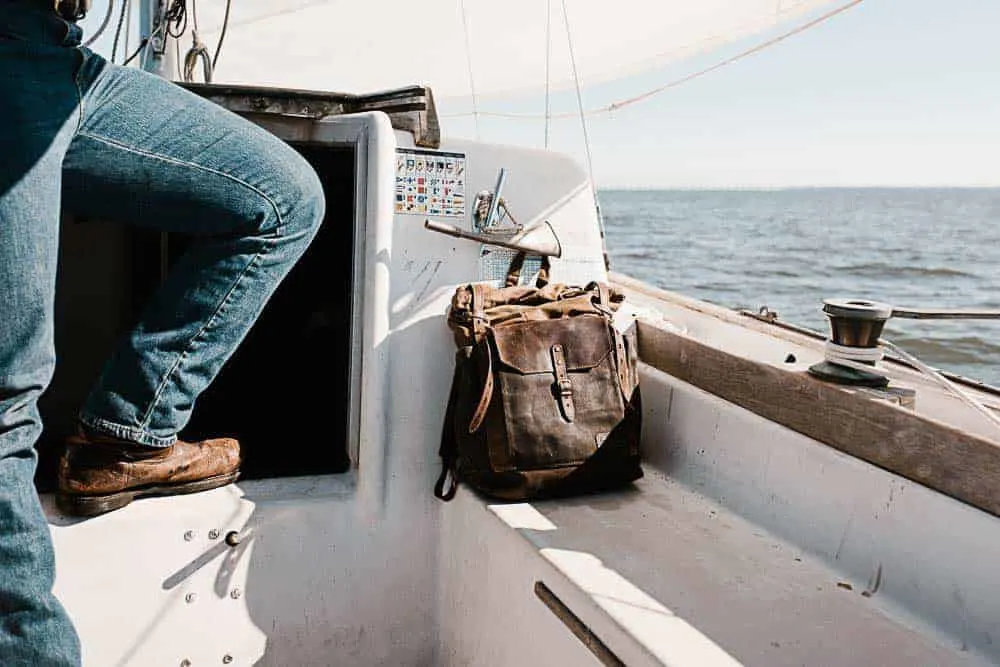
Waste Disposal on a Boat
Proper waste disposal is a crucial aspect of responsible boat living. Traditional flush toilets connected to sewage systems are not suitable for boats, as they require access to land-based infrastructure. Instead, composting toilets are recommended for boat living. These toilets separate solid waste from liquid waste and use natural decomposition processes to break down and neutralize the waste. Composting toilets are environmentally friendly and safe to use on boats, as they don’t produce pollution or odors.
It’s important to familiarize yourself with the specific guidelines and regulations regarding waste disposal in the areas where you plan to sail. Some locations may have designated pump-out stations where you can dispose of waste from onboard holding tanks.
Power Generation on a Boat
Generating power on a boat can be challenging, but there are options available for off-grid living. Solar panels made for RVs are recommended for boat use. They are designed to withstand the elements and can provide a sustainable source of electrical power. It’s important to install the solar panels in a location on the boat that receives optimal sunlight. Regular maintenance and cleaning of the panels are necessary to ensure maximum efficiency.
In addition to solar panels, wind generators can also be used to generate power. However, it’s important to note that saltwater corrosion can be a concern, so regular inspections and maintenance are essential to prevent damage.
Safety Measures on a Boat
Boat living, just like any off-grid lifestyle, requires careful attention to safety measures. When out on the water, it’s crucial to have signaling devices such as flares, whistles, and flags readily accessible. These can be used to attract attention in case of emergencies or when needing assistance.
Communication devices are also necessary to ensure your safety. VHF radios are commonly used on boats for communication with other vessels and emergency services. Additionally, having a reliable and fully charged cellphone or satellite phone is important for emergency situations.
It’s also recommended to have personal flotation devices, or life jackets, for each person onboard. These should be easily accessible and properly fitted to ensure everyone’s safety in case of accidents or emergencies.
Living off the grid on a boat can be an incredible adventure, but it requires careful planning and consideration. By understanding the unique challenges and taking the necessary precautions, you can enjoy a fulfilling and sustainable lifestyle on the water. Remember to budget for expenses, choose the right supplies, ensure a reliable water supply, cook safely, consider additional food sources, prioritize health considerations, manage waste disposal responsibly, generate power efficiently, and prioritize safety measures. With the right preparation and mindset, boat living can be an extraordinary experience.

